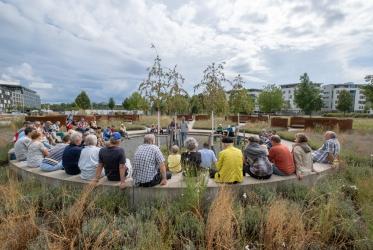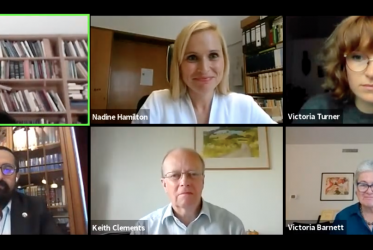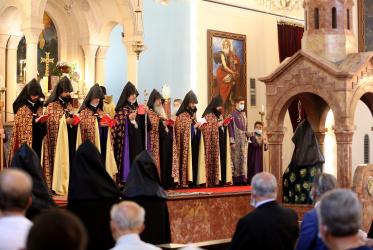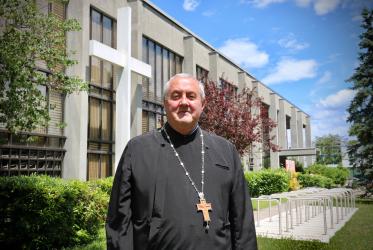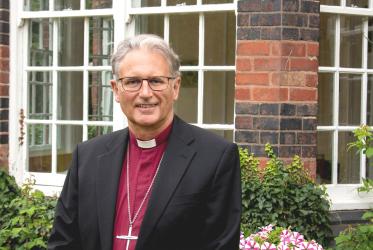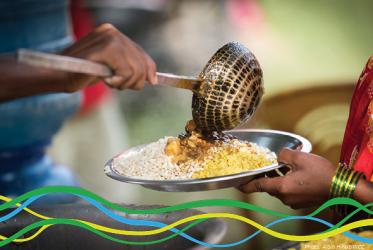Displaying 1 - 20 of 40
Workshop explores how interreligious dialogue brings trust and respect
15 September 2022
Ukraine: Responding to humanitarian need
08 September 2022
WCC leaders recall life-changing experiences from early days
10 February 2022
Rethinking Ecological Relationships in the Anthropocene era
11 - 13 February 2021
“Coventry Cathedral continues to speak a word of hope to the world”
10 December 2020
Regional Webinar on Racism, Xenophobia and Discrimination in The Middle-East
25 November 2019
Online


